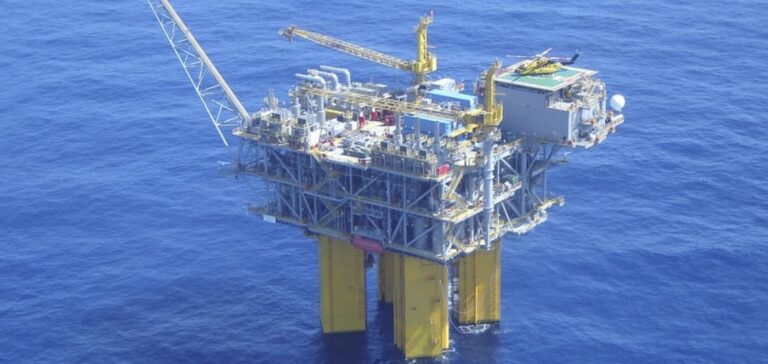Global demand for oil and gas resources is driving strong international performance for Halliburton and Schlumberger, according to statements from the two companies’ CEOs at their Q2 2024 conferences.
International expansion and North American withdrawal
Halliburton and Schlumberger ‘s international business is booming, driven by growing demand for oil and gas projects, particularly in North America. Schlumberger’s international revenues rose 6% to $7.4 billion in the second quarter of 2024, registering an 18% year-on-year increase. Halliburton also reported a 3% sequential increase in international revenues, reaching $3.352 billion, up 8% year-on-year. On the other hand, the North American market is showing signs of slowing down. Halliburton’s North American revenues decreased by 3% sequentially to $2.5 billion, down 8% year-on-year. This trend is attributed to a 12% year-on-year decline in the number of drillings. Similarly, Schlumberger’s North American revenues were down 6% year-on-year, although they rose 3% sequentially to $1.6 billion.
Opportunities and challenges
Schlumberger CEO Olivier Le Peuch anticipates sustained momentum in international markets, particularly in digital sales and long-cycle gas projects. By contrast, business in North America is constrained by lower natural gas prices and ongoing market consolidation. Halliburton CEO Jeff Miller forecasts a 6% to 8% decline in North American revenues for the full year 2024. However, it anticipates an upturn in business from 2025 onwards, supported by the optimization of post-merger and acquisition assets. The recent acquisitions of ExxonMobil, Chevron and ConocoPhillips could catalyze this recovery, by boosting drilling activity once the new assets have been integrated.
Technological innovation and efficiency
Technological innovations play a key role in improving the efficiency of drilling and completion operations. Halliburton recently completed tests on an automatic hydraulic fracturing system, capable of performing completion operations without human intervention. In addition, a new rotary guidance system developed by Halliburton reduces drilling times, thus increasing productivity.
Future prospects
Analysts such as Evercore ISI Group’s James West are optimistic that North American activity will recover in 2025, supported by increased exploration and production (E&P) spending and limited oilfield services capacity. Offshore business, which accounts for more than 50% of Halliburton’s international business, is also set for significant growth. International growth continues to underpin the financial performance of Halliburton and Schlumberger, despite a declining North American market. Technological innovations and post-merger and acquisition recovery prospects offer promising opportunities for the future.






















